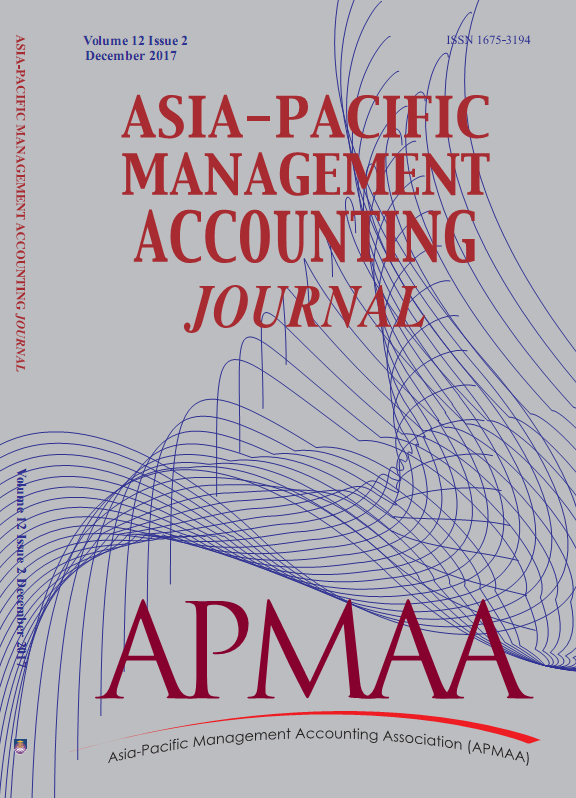Volume 17 Issue 2, August 2022
ARTICLE INFO
Article History:
Received: 4 June 2022
Accepted: 11 August 2022
Published: 31 August 2022
Efficiency in Giving Back to the Masses: Insights from ESG and Non-ESG Firms in Selected East Asian Countries
Hafiz Ali, M. 1*, Abdul Rahim, N. 2, Yahya, M. H. 2 and Kamarudin, F. 2
1Faculty of Business and Management, Universiti Teknologi MARA (UiTM), Malaysia
2School of Business and Economics, Universiti Putra Malaysia (UPM), Malaysia
Increasing awareness for sustainability has led more firms to incorporate environmental, social, and governance (ESG) reporting into their establishments. However, firms’ ESG information are beset with issues of information asymmetry. Hence, this study was set to provide a more uniformed statistical method of measuring firm’s social performance (SP); named ESG efficiency. The Data Envelopment Analysis (DEA) model was used to measure the ESG efficiency of firms in giving back to the masses by means of ESG contribution. Malaysia, Thailand, Singapore, and Indonesia were selected for the study from the year 2010 to 2019. The findings were relatively consistent for all selected countries. The study found that ESG efficiency of both ESG and non-ESG firms had fluctuated, with ESG firms’ ESG efficiency fluctuating on an increasing trend. ESG firms were found to be more efficient in giving back to the masses, with higher mean technical efficiency (TE), compared to non-ESG firms. Furthermore, Pure Technical Inefficiency (PTIE) was identified as a significant factor in influencing a firm’s TE, indicating that the firms were purely managerial inefficient in directing their financial returns toward ESG contribution. Subsequently, this study provides a simpler method in SP measurement, and was able to identify the significant factor that affected firms’ ESG efficiency, and extends the literature on East Asia’s ESG development.
Keywords: ESG, data envelopment analysis, efficiency

